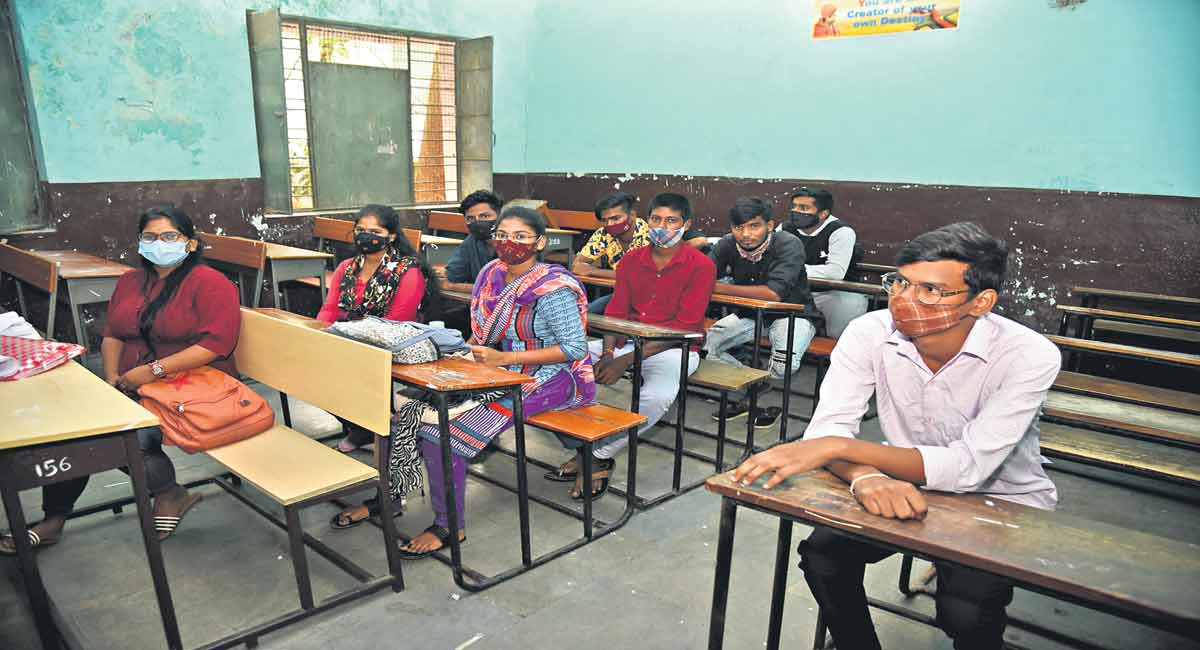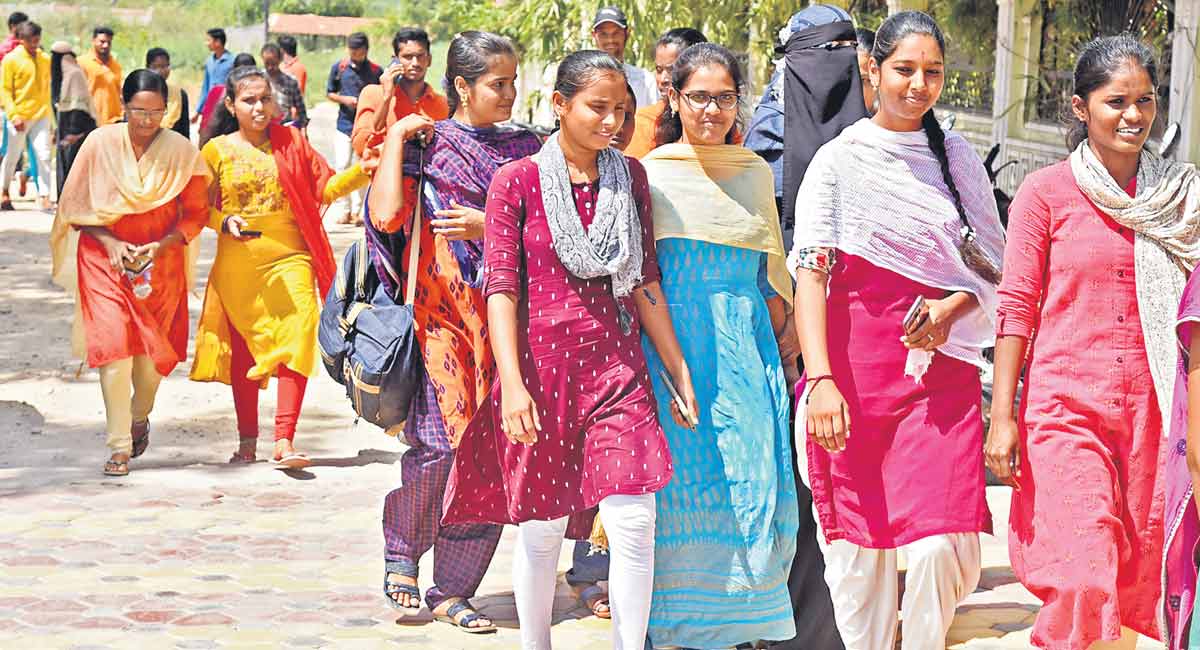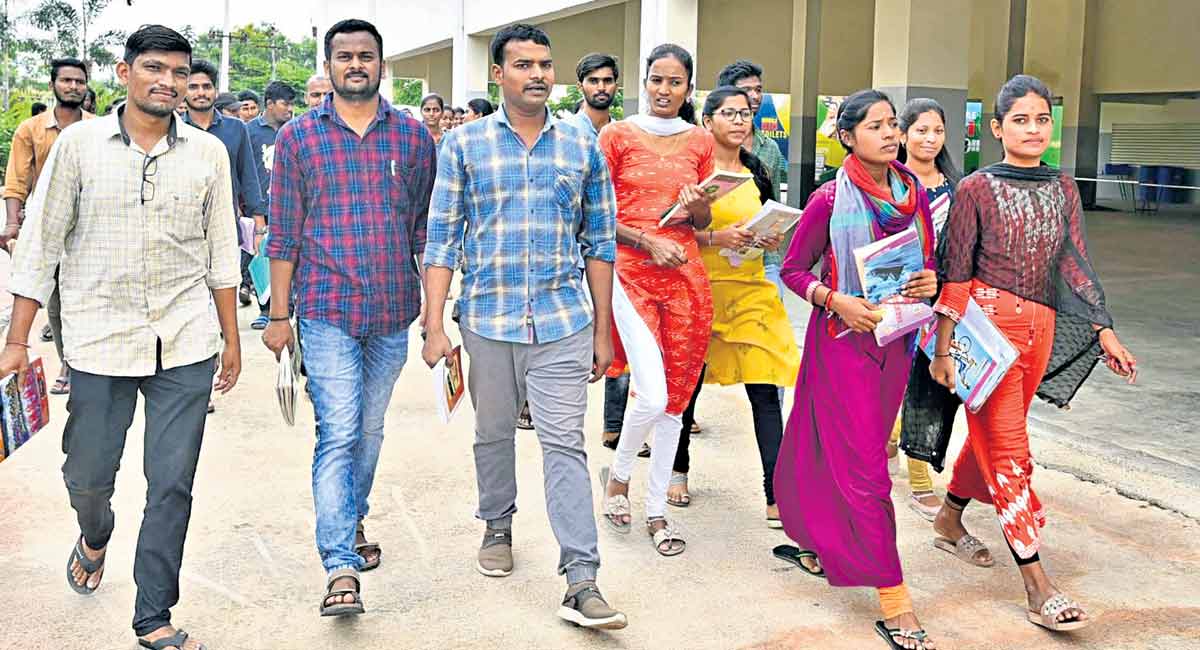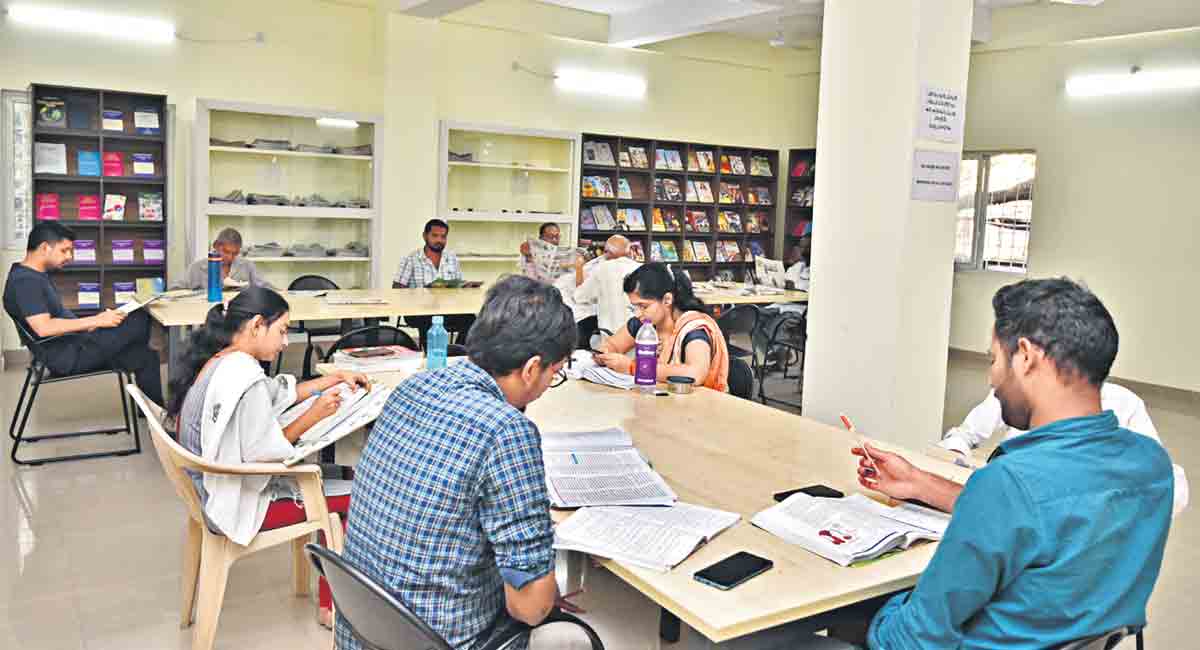Learn about the Zillabandi system
Hyderabad: Salar Jung had re-distributed the Hyderabad State into well–defined and regular districts called zillas under the government’s control. Administrative and revenue reforms: The first phase of Salar Jung’s reform (1853-64) began with an attempt to mitigate some of the most blatant evils of the former administration. To begin with, the area under Deewani or […]

Hyderabad: Salar Jung had re-distributed the Hyderabad State into well–defined and regular districts called zillas under the government’s control.
Administrative and revenue reforms:
The first phase of Salar Jung’s reform (1853-64) began with an attempt to mitigate some of the most blatant evils of the former administration. To begin with, the area under Deewani or Khalsa administration was gradually enlarged by resuming the “Tankhah Jagirs”, (mortgaged Jagirs) which were” Assignments of villages, paraganas or talukas in lieu of certain state debts or advances made to the government or for the pay of troops”.
The post of Taluqdar was converted into a salaried one, instead of being paid out of a proportion of the revenues. The Nizamat force were placed under each Taluqdar and a council called the Jamitat- i- Ziladari was set up to maintain law and order. In 1855, paid Talukdars (Collectors) were appointed in place of revenue contractors/farmers/guttedars.
Salar Jung found it necessity to re-distribute the Hyderabad State into well–defined and regular districts called zillas, subdivided into a fixed number of taluks with definite areas and boundaries administered by a regular establishment working under the direct control of the government. This reform had come to be known as the Zillabandi system.
To remove confusion, the Zillabandi system made the jurisdiction of each Taluqdar co-terminus with the revenue division. In 1867 ‘Zilabandi’ system was introduced. Accordingly, the Hyderabad State was divided into five regional divisions (Subas) and fourteen Zillas or districts. But later in 1877-78, Nagar Kurnool and in 1879-80, Gulbarga districts were created and the total number of districts in the Deewani area went up to 16 – they were Aurangabad, Parbhani, Nanded, Indur, Bhir, Bidar, Medak, Elgandal, Naldurg, Shorapur, East Raichur, West Raichur, Khammam, Nalgonda, Nagar Kurnool and Gulbarga.
Each Zilla was headed by an Awwal Taluqdar or District Collector who was assisted by Doyum and Suvvam taluqdars. The first Taluqdar was the executive chief and administrator of the district and exercised powers over the civil and criminal administration of the district.
For each regional division, a Sardar Taluqdar was appointed. His position was equivalent to the Revenue Commissioner of the British India. The administrative reforms led to the growth of a new professional bureaucracy based on merit and efficiency. The districts were classified into three grades with reference to the approximate amount of their annual revenue — first grade, Rs. 12 lakh, second grade, Rs. 10 lakh and third grade Rs. 8 lakh. To supervise the work of Taluqdars an Administrative Board known as Masjlis-Malguzari [Board of revenue] was created in 1864 but it was abolished within two years.
Each district was divided into smaller revenue units, known as taluks and a Tahsildar was appointed to each taluka, having well defined judicial as well as defined judicial as well as executive powers. The Tehsildars decided civil suits and deposed of criminal cases, while their main function was the collection of Revenue.
An Awwal Taluqdar with subordinate Assistant Taluqdars were appointed to each district, who had revenue, civil and criminal powers as well as the powers of supervision over the Tehsildars. Below each taluka, a smaller unit called revenue Firka was created and it was placed under the supervision a Girdawar.
Further, each Firka consisted of a number of revenue villages. The village officials Patwaris and Police Patel were appointed to maintain revenue accounts and maintain law and order respectively.
The Mali Patel was responsible for the collection of land revenue. Scales were fixed for the payment of their salaries according the amount of land revenue collected by them. These village were the Watandars or hereditary village officers. They included the Patels- Patwari, Talari, the peon who was involved in collection work, a Setsindhi, a watchman, Neerati who looked after irrigation/water works; and the watchman and Begari, the messenger.
Administrative reforms of Salar Jung led to the creation of uniform civil divisions of the Deewani territory, which facilitated establishment of an efficient system of administration in the Nizam’s Dominions. The first revenue survey was undertaken in the entire district of Aurangabad on an experimental basis in 1874-75.
To be continued ….
- Tags
- Salar Jung
Related News
-
Bid to ‘kidnap’ BRS councillors triggers tension at Jammikunta
34 seconds ago -
Zimbabwe stuns Australia by 23 runs in T20 World Cup; Tendulkar hails “statement win”
14 mins ago -
Congress workers attack BRS councillor-elect’s husband in Gajwel
19 mins ago -
Shashikant Shinde claims NCP merger plans with Ajit Pawar, sparks controversy in Maharashtra politics
24 mins ago -
Hyderabad police book man for harassing 19-year-old student
53 mins ago -
Fisheries Board’s ‘X’ account hacked, police start investigation
57 mins ago -
PM Modi inaugurates new PMO complex Seva Teerth in New Delhi
1 hour ago -
Allu Arjun shares heartwarming moments from brother Allu Sirish’s Pasupu ceremony
1 hour ago




